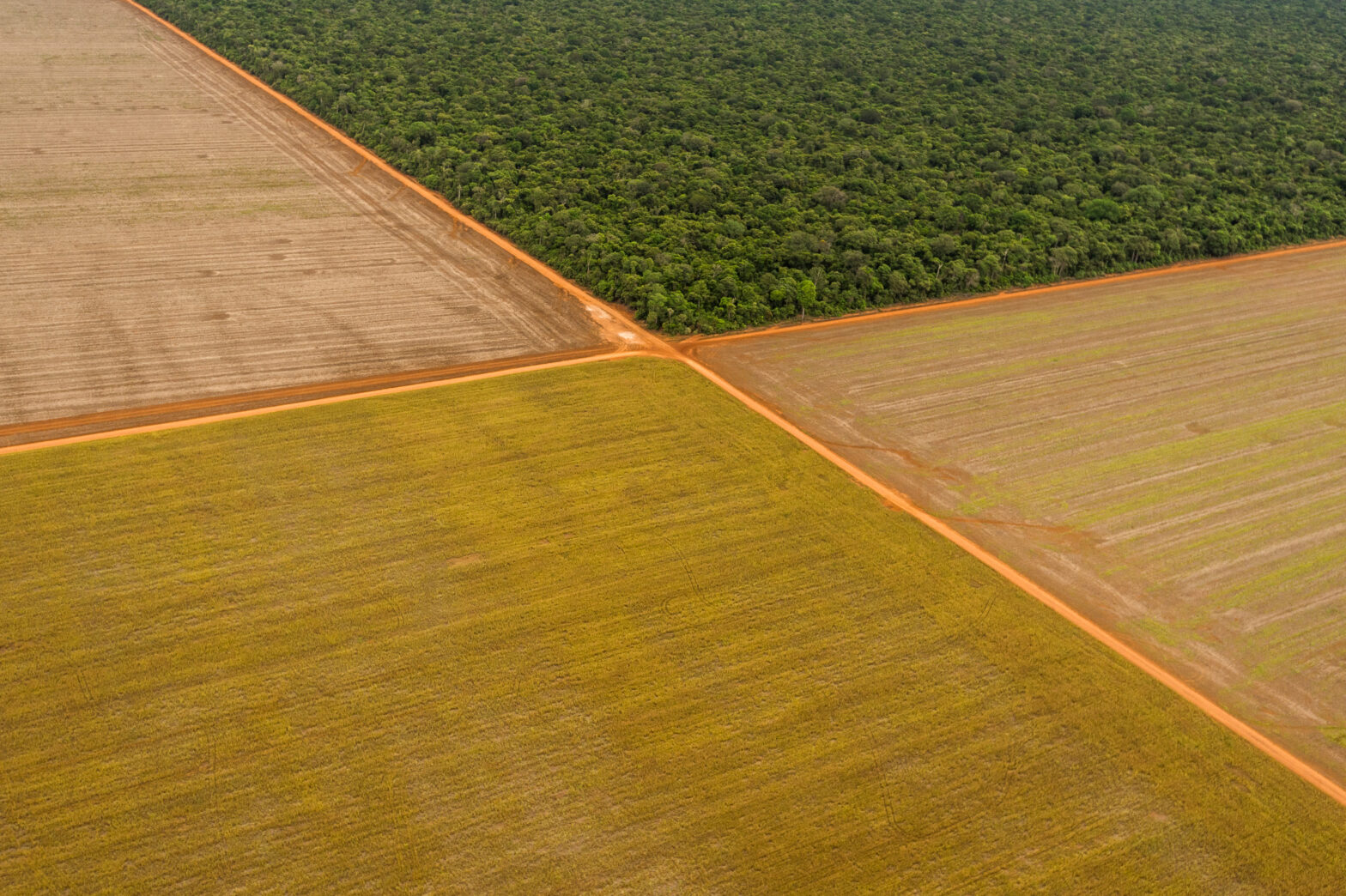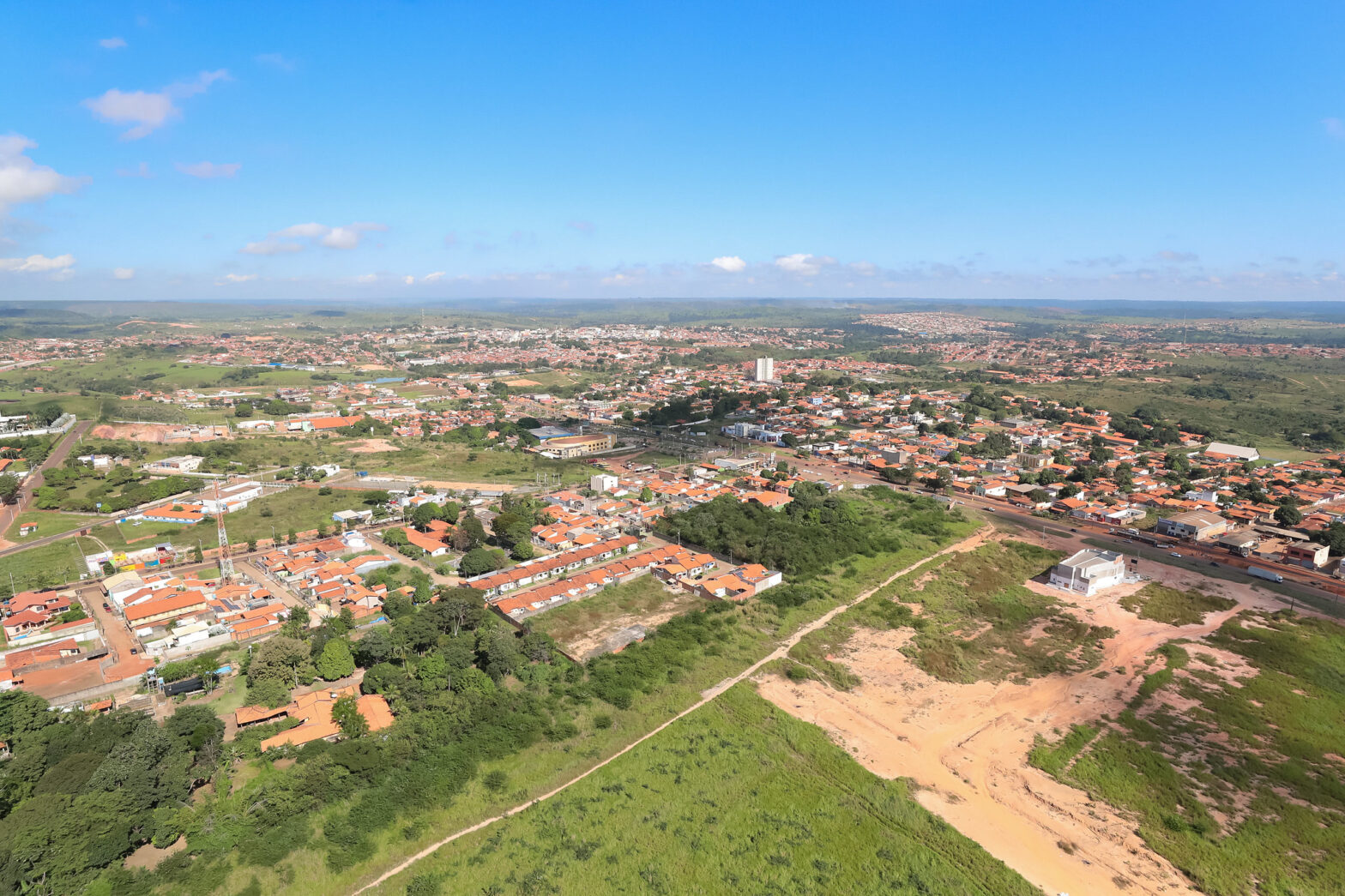Discourse strengthened on YouTube when the EU passed a law banning imported products made in deforested areas. The new norm benefits Brazilian agribusiness that respects the law, but the radicalization can harm good farmers.
Just before the first round of the Brazilian presidential elections, a piece of news shook influencers who are supportive of President Jair Bolsonaro (PL). On September 13th, the European Union passed an anti-deforestation bill that forbids the purchasing of 14 products originating from deforested areas after December 31st, 2019. Among the European Parliament members, the bill had 453 votes in favor, 57 against and 123 abstentions.
The next day, influencer and Bolsonaro supporter Daniel Lopez, who has 1 million followers, commented on the news on his YouTube channel. “Europe is destroying traditional forests to be able to generate enough energy by burning wood fossil fuels,” he said in a video that had 382,000 views. It’s an exaggerated statement, as we will demonstrate, and follows the same line of thinking used by another influencer who supports Bolsonaro, Kim Paim.
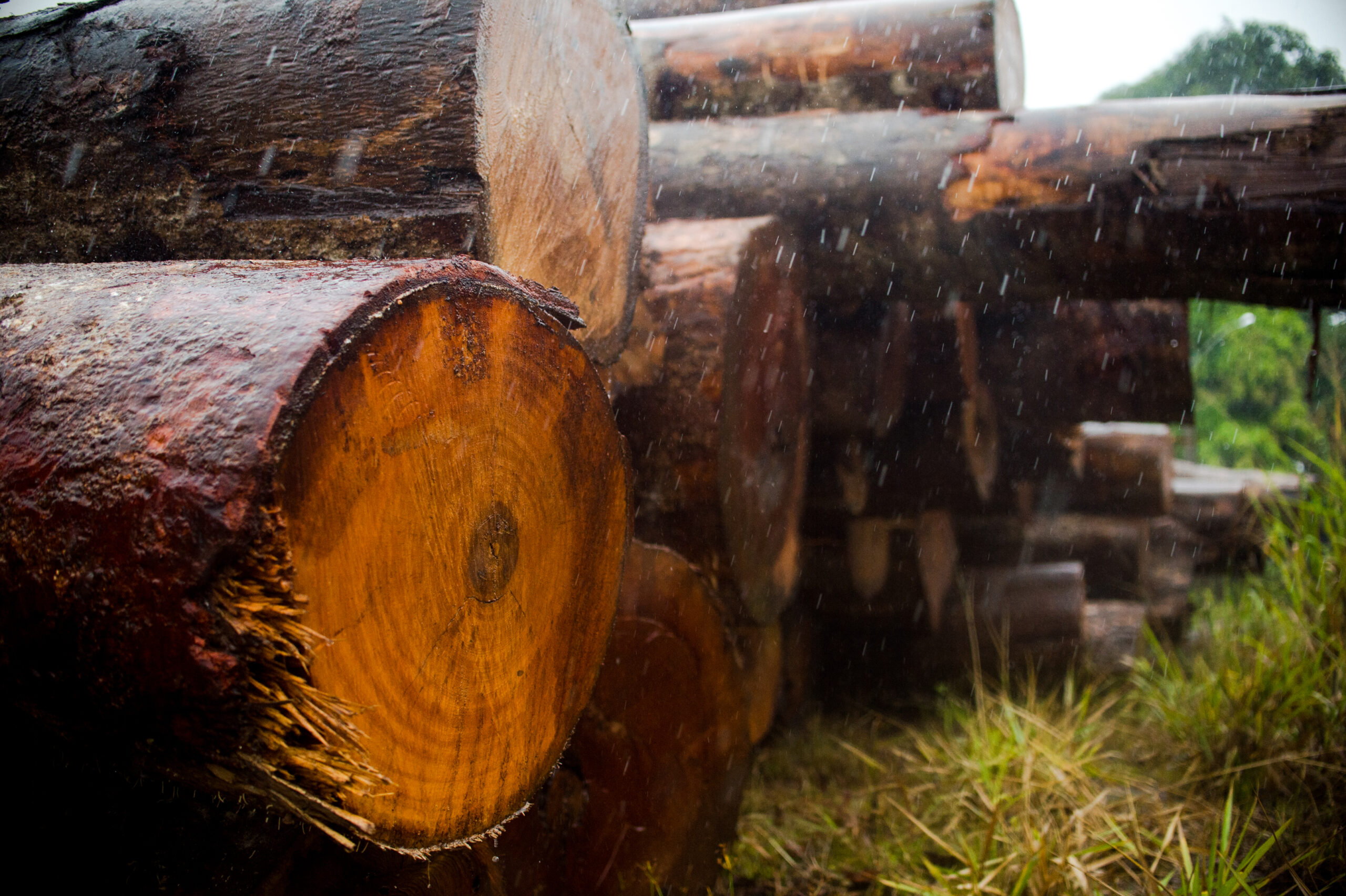
Kim Paim is an engineer and he has 678,000 followers watching his pro-Bolsonaro political statements on YouTube. He used his channel to say, through disjointed arguments, that the EU bill was created in collusion with Brazilian left-wing politicians against the farming industry. “This law, in fact, exists to stop the expansion of Brazilian agribusiness,” he says in a video with 200,000 views, in which he also asks people to vote for Bolsonaro.
Paim also criticizes EU Parliament member Anna Cavazzini for “meeting with unions.” “She was meeting with PT [Workers’ Party] members and now she is trying to limit the expansion of Brazilian agribusiness.” The engineer’s opinion is incorrect: there is no evidence of left-wing Brazilian lawmakers having participated in the construction of the bill. Paim is one of the influencers quoted in the complaint that PT filed with the Electoral Supreme Court for allegedly spreading false information during this year’s elections.
“We know that this is baloney, that what Europeans really want is protectionism,” echoed another channel, the “libertarian slanted” Ancapsu in a video on the same platform (that reached 63,000 views). The owner of the channel, which has 284,000 followers, is an engineer Ricardo Albuquerque, who discusses finance under the pseudonym Teter Turguniev. “Europe is destroying your ancestral forests to get coal,” he repeats.
How we did the study:
The project Mentira Tem Preço (Lies Have a Price), initiated in 2021 by InfoAmazonia and the production company FALA, monitors and investigates socio-environmental disinformation. During the 2022 elections, we checked the statements of all the gubernatorial candidates for states in the Legal Amazon region every day during the free televised campaign advertisement slots. We also monitor, through keywords related to social justice and the environment, disinformation about the Amazon on social networks, in public groups on messaging apps, and on platforms.
At the time of this article’s publication, YouTube had not responded to inquiries about the content published by the influencers on its platform. Among the videos mentioned above, only Paim’s has a banner under the video with a link to a page with more information on elections in Brazil.
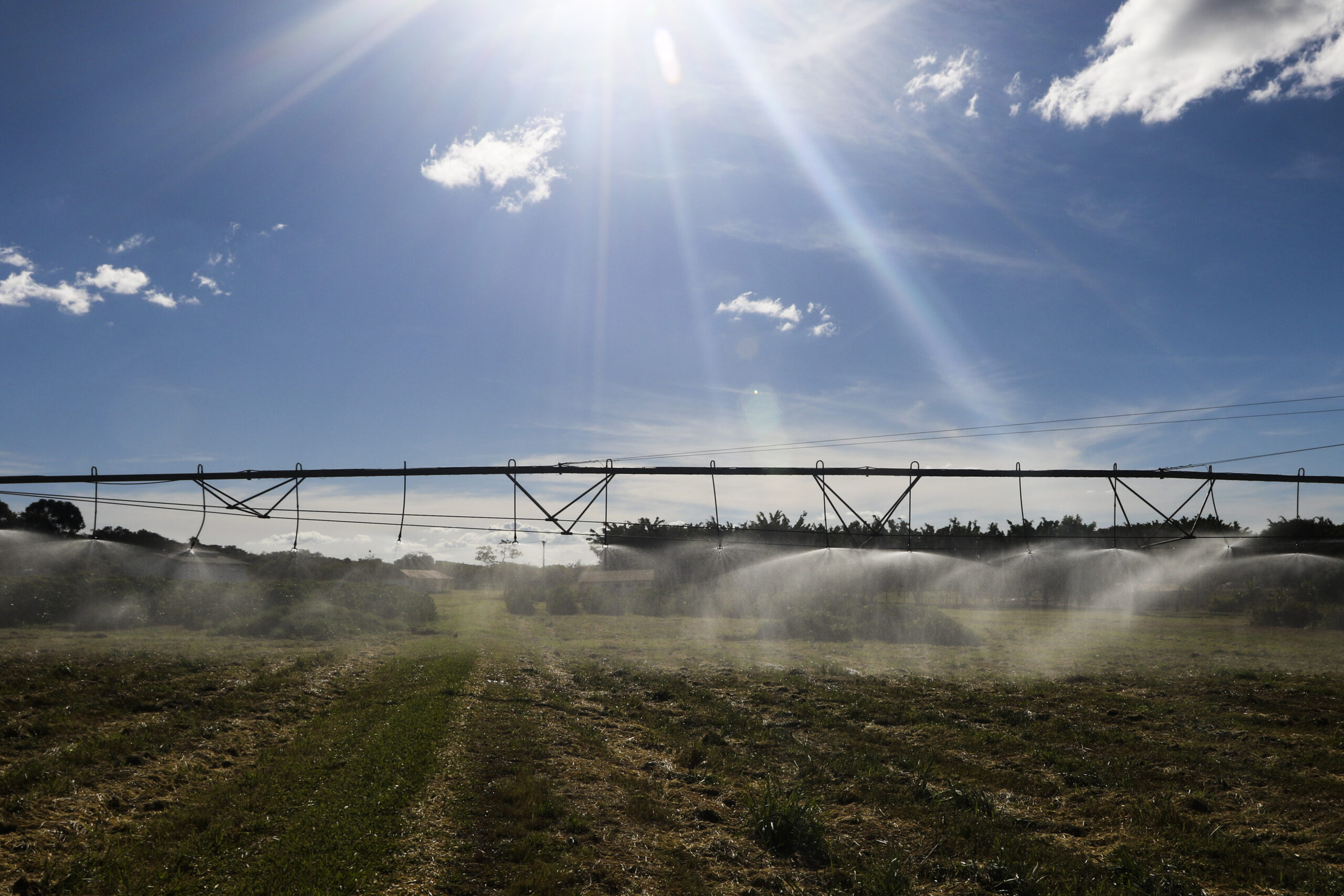
The bill, contrary to what the influencers say, wasn’t made specifically for Brazil—quite the opposite. “The EU law will be applied to all products with high risk of deforestation, including products originating from Europe. This is very important for the credibility of the bill. We find the accusation of protectionism to be unfounded,” say Nils Hermann Ranun, chief of the Zero Deforestation team of the Norwegian Rainforest Foundation.
Nor is the bill a “secret agreement” between EU Parliament members and PT members. The final bill is the result of a broad democratic process: according to the EU, the public consultation on this bill received more than 1.2 million responses and was the second-most popular in the history of the EU.
This shows that European citizens and other parts of the world support the efforts of the EU to fight deforestation and forest degradation. Additionally, in 2023 the bill will be discussed in all of the national parliaments of EU members to make adjustments, before it comes into effect.
The cutting down and burning of rainforests are responsible for 20% of annual global emissions of greenhouse gasses. This is more than what the transportation sector generates in the world.
Nils Hermann Ranum, THE RAINFOREST FOUNDATION
“EU’s anti-deforestation bill aims to eliminate the European consumer’s demand for commodities that boost deforestation and forest degradation,” clarifies Ranum. “Reducing deforestation is essential to fight climate change and reduce CO2 emissions. The cutting down and burning of rainforests are responsible for 20% of annual global emissions of greenhouse gasses. This is more than what the transportation sector generates in the world.”
He explains that the European Commission predicts that the bill will reduce carbon emissions by at least 32 million metric tons a year. “So, the legislation really makes sense from the climate point of view.”
Forests of Europe are protected
By saying that European people destroy forests for energy, Lopez and Paim are actually approaching a single issue as if it were a rule. There is an ongoing discussion in Europe about whether the use of wood pellets for energy generation is causing the destruction of forests in some countries, like Romania. But the reality is far from the ideas propagated by the influencers, that the entire continent is razing their forests.
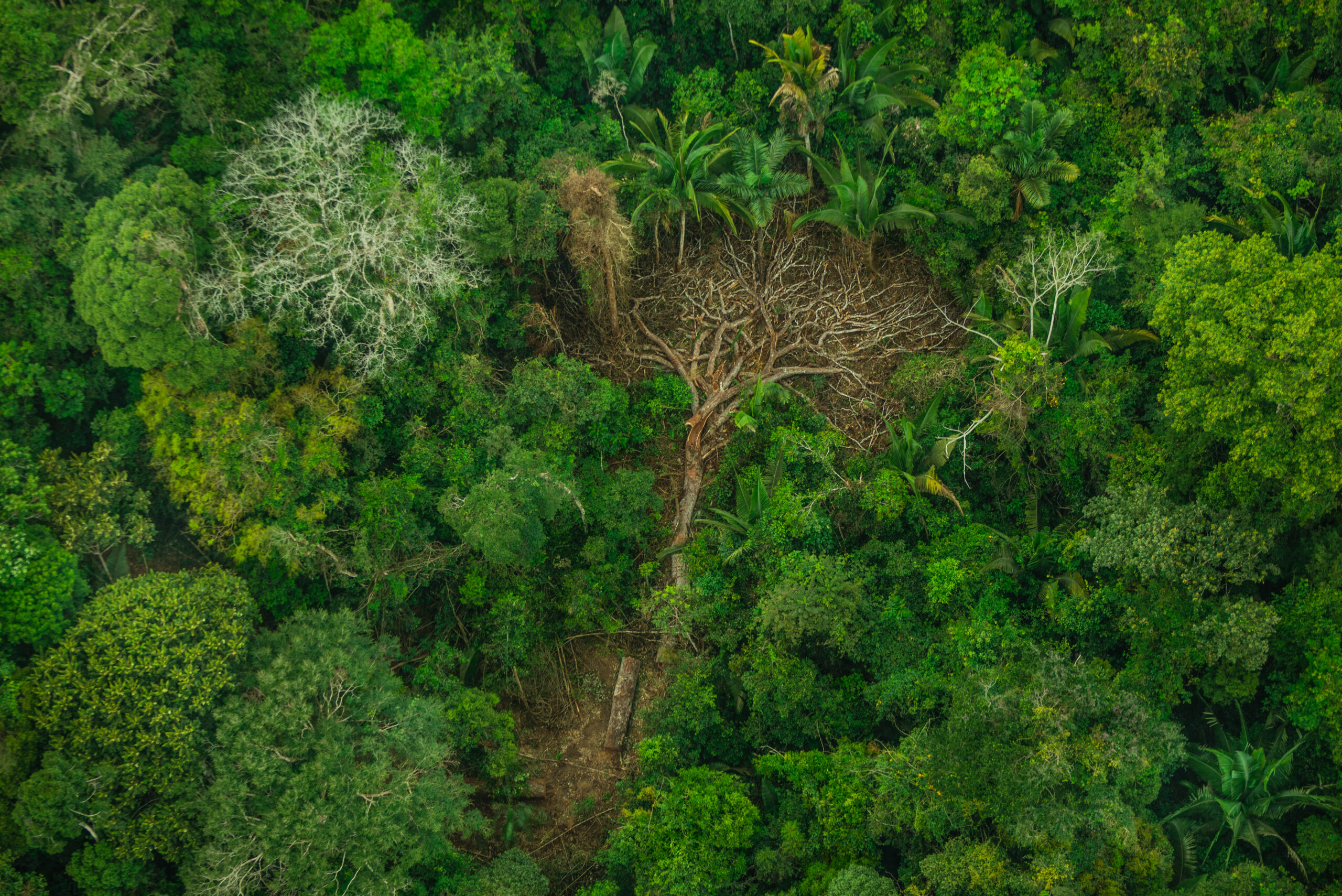
Unlike what Brazilian YouTubers say, European forests have recovered in the last few centuries—and not the other way around. As shown by a report of the European Environmental Agency, by the end of the 17th century, more than half of European forests had disappeared. As the centuries passed, large reforestation projects and environmental protection acts were put into action with great success.
The results are that in the last 200 years, forests have reappeared in Europe. The rural exodus accelerated and technology improved intensive agriculture in smaller areas. The forests also expanded into abandoned farmland through spontaneous regeneration. Today, deforestation has no significant impact in the European context (even though it is a theme that deserves constant attention, as it is key to reducing greenhouse gasses). European forests remove around 430 million tons of atmospheric carbon dioxide and store 13% of the continent’s greenhouse gasses.
The argument that Europe also causes deforestation and is hostile to Brazilian agriculture, another piece of disinformation that gained “truth status,” was also repeated on other channels. “We see, with this European legislation, not only disrespect, but a boycott of Brazilian legislation,” said Caio Penido, president of IMAC (Mato Grosso Meat Institute), on the “Hora H do Agro” show on Jovem Pan, on September 17th.
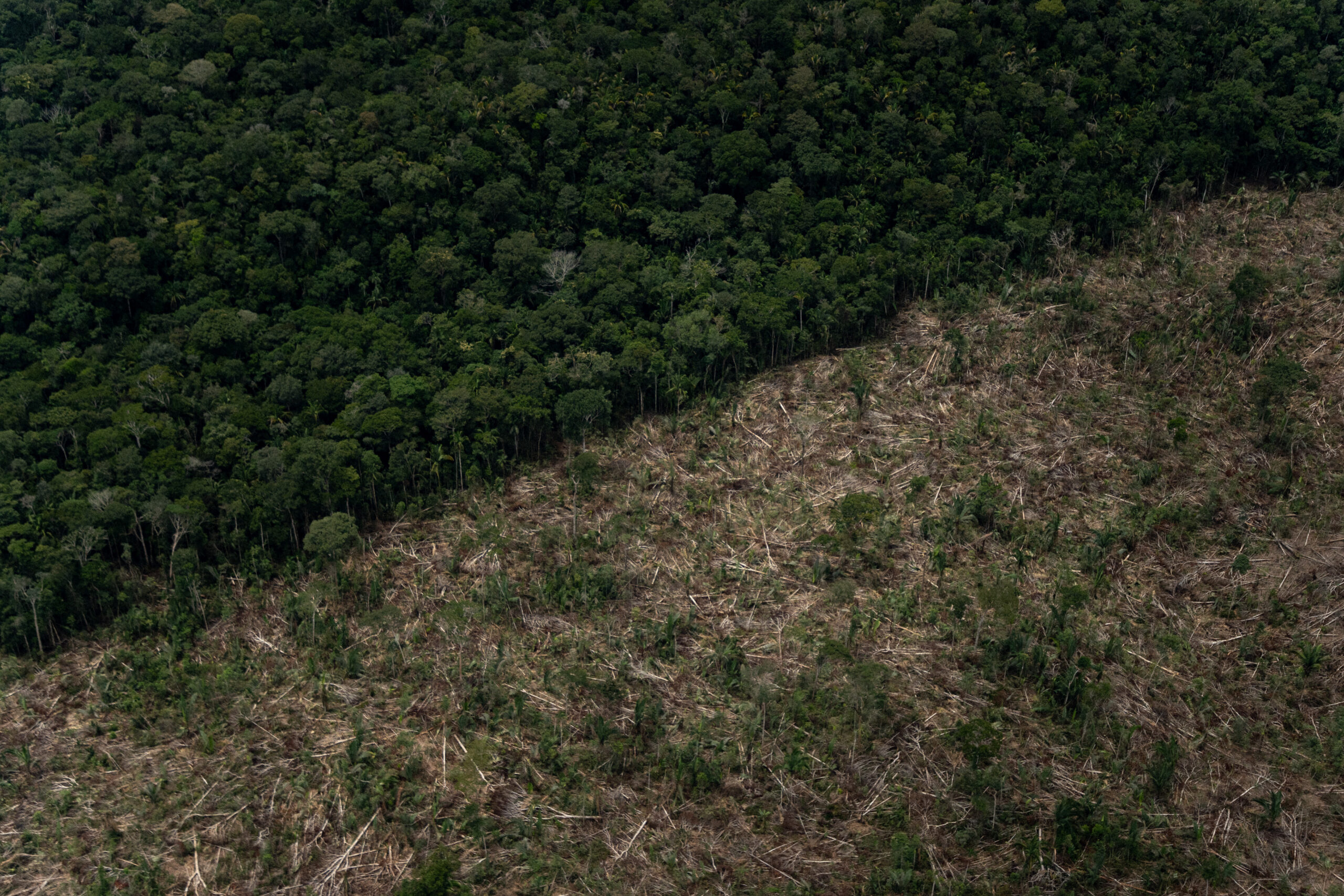
“The continent that destroyed almost all its forests decided to punish Brazil because of ‘deforestation,’” said Rob Correa in a video called “Europe wants to bankrupt Brazilian agriculture.” The video had 111,000 views on September 15th. The channel, which usually talks about finance, has more than 383,000 followers.
But in the end, the bill doesn’t hurt agriculture and can even benefit good farmers. Ranum clarifies that, if passed, it will bring benefits to farmers. “A bill that is efficient against deforestation will guarantee further equality,” he says. “Companies that act in a sustainable way and avoid exporting deforestation-connected commodities to the European market won’t be at risk of being overtaken by those who aren’t taking the measures needed to protect the forests.”
According to him, on the Brazilian side, the groups that are complaining about the new anti-deforestation regulation are the same ones that lobby the Brazilian Congress to weaken environmental laws. “The real risk for the competitiveness of Brazilian commodities is not the new European rules. It’s the explosive growth of deforestation and violence against the Indigenous population,” says Ranum.
This report is part of the project Lies Have a Price (Mentira Tem Preço)—election special, produced by InfoAmazonia in partnership with the production company Fala. The initiative is part of the Consortium of Civil Society Organizations, Fact checking Agencies and Independent Journalism for the Fight Against Socio-environmental Disinformation. They are also a part of the Initiative the Climate Observatory (Fakebook), the Eco, the Pública, Repórter Brasil and The Facts.
Content is authorized to be republished if published in its entirety. Lies Have a Price is not responsible for alterations to the content by third-parties.







